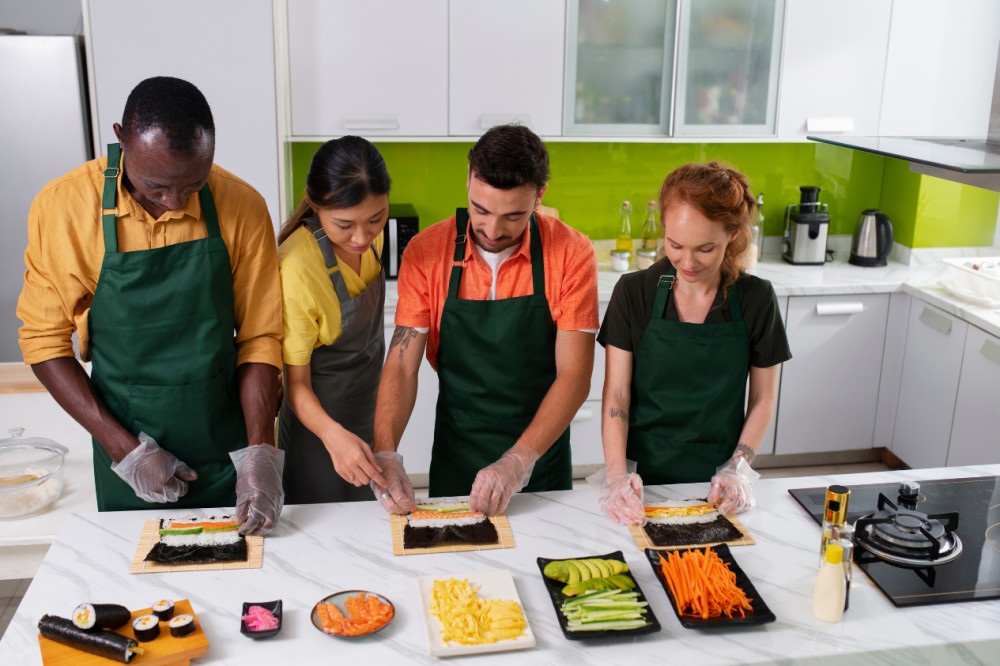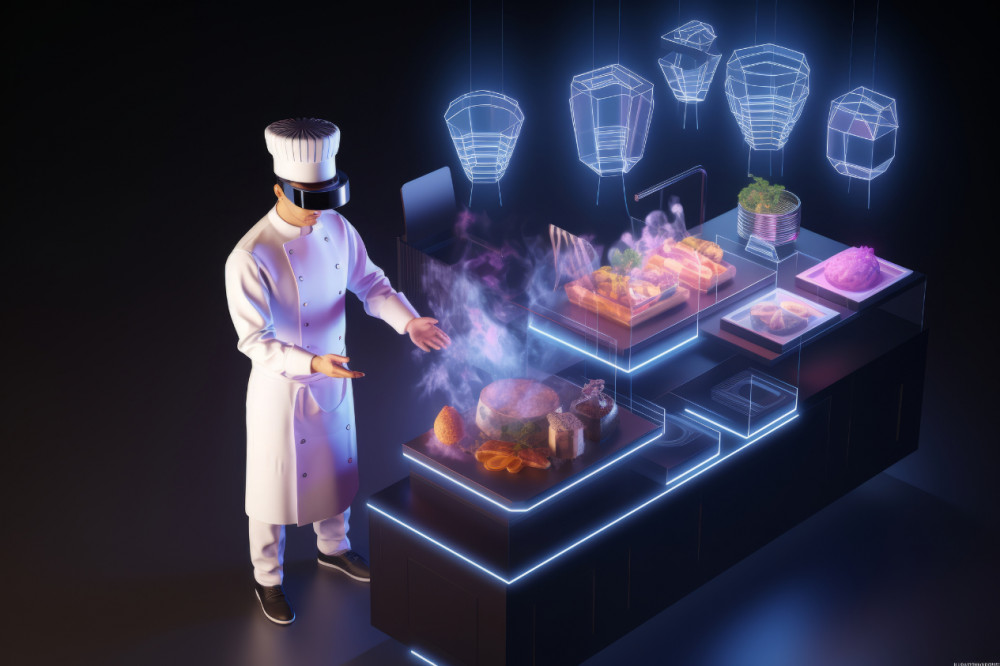
5 Must-Have Hard Skills to Get Hired as a Chef in 2025

Are you a passionate chef? A career in the culinary field is best suited for a person with an intrinsic interest in the kitchen and cooking! But interest isn't everything, one has to have a strong grip on these five skills, let’s explore with Foodism Connect -
Menu planning
Menu planning is among the most important competencies for a chef to must-have! A menu should not only be appealing to the customers but should also entail details like - ingredients, dietary guidelines and the cost of the items. A proficient chef will create a balanced and diverse menu which will showcase their culinary expertise and knowledge - design should be practical and cost-effective too! Chefs can excel in menu planning through culinary training, apprenticeships and on-the-job experience.
Along with knowledge of seasonal change, locally sourced and dietary needs of the customers; there are various courses available for menu/meal planning. The focus areas of such courses are strategies for organising meals, food safety, batch cooking, nutrition & diet and cost management. You can consider certifications in Food Service Professionals (CFSP) to show employers that you are skilled in culinary planning. Understanding menu psychology is very important! This involves different techniques about how people read a menu and make choices about spending money. Menu planning is such a skill which can be enhanced through practice.
Knife skills
Precision and efficient preparation of food requires great knifing skills. This skill allows chefs to showcase creativity, making a dish visually appealing and drool-worthy! Knife skills not only entail the safe handling of knives but also executing cutting techniques with precision. Basic skills include - slicing, dicing, chopping & mincing. Different knives are used for different purposes. A chef has to be focused on having a strong grip and consistent practice to excel in knife skills.
One can seek professional guidance by attending courses for knife skills - one can opt for basics of sharpening mastery, fundamentals in culinary knife skills or kitchen knife skills - 101 to gain confidence. In your free time, you can opt to watch different instructional videos on YouTube or similar online resources for visual demonstrations and tips. Knife skills are the foundation upon which chef skills are built! So, the ability to not only speed up the cooking process is important but the precision of cutting, slicing and dicing ingredients matters, size helps in even cooking and balanced flavour.
Certifications
A chef certification enables you to advance your career in the culinary world. It adds credibility to the resume by validating knowledge and skills. This may qualify one to apply for a higher position in any service establishment - hotel or restaurant. Specialised certifications help to network with other professionals in the culinary industry and keep you updated about different culinary trends.
Certificate in Food Production or Diploma in Food Production certificate is offered by several colleges. It is a short-spanned course providing industrial training in food production management; subjects include bakery, cookery, larder & nutrition. One can apply for this certificate after completing high school.
If you are an entry-level cook, kitchen assistant or a commis - you can opt for the Craftsmanship Certificate Course in Food Production & Patisserie, it is an 18-month course which will provide you with theoretical and practical knowledge on menus, ingredients, preparation and garnishing techniques. A fresh graduate can go for this course.
Food safety & sanitation
This is a non-negotiable requirement in the culinary industry - one needs to adhere to food safety and sanitation protocols to work in a professional kitchen. HACCP (Hazard Analysis Critical Control Point) and ISO 22000 standards demonstrate an organisation’s commitment towards preventing food contamination, minimising risks and delivering consistent quality. If you have training and certification in food safety, it will increase the credibility of your resume boosting your chances of getting selected.
Compliance with HACCP guidelines enhances food safety by identifying and addressing potential risks throughout the food supply chain. The Food Defense Awareness Training Course (including TACCP) will help with understanding legal requirements & guidelines - understanding the importance of food safety and protecting the food supply from tampering or adulteration.
Inventory management
It is one of the most critical skills for a chef that plays a paramount role in their successful endeavours. It includes planning, purchasing, and controlling ingredients for food production. It also includes ensuring the highest quality of the procured ingredients and consistency of the dishes. However, professional chefs often face a variety of challenges like unpredictable demand, food spoilage or fluctuating ingredient costs.
It is important to master the FIFO (First In, First Out) method, this entails using the perishable ingredients which have been stocked previously over the recently procured ones; this will help the chef to reduce food spoilage. One also needs to have good command over technical skills as this may include managing inventory control software applications which help in monitoring stock levels, streamlining order processes and ensuring smooth kitchen operations. You can opt for different online courses on inventory management like - Mastering Restaurant Inventory Management or Certification in Inventory Management & Control.
To effectively highlight your profile to employers - Download Foodism Connect now, build your portfolio, upload your resume and showcase your best creation. Be a strong contender in the food industry and land your dream job. Happy Surfing!
Related Blogs

Festival Hospitality: What Food Events Teach About Guest Management & Staffing
112 Views

Little Guests, Big Smiles: How Hotels Design Family-Friendly Experiences
115 Views

Regional Cuisines, Local Talent: How Culinary Diversity Shapes Hospitality
180 Views

AI in Kitchens & Hotels: What the Forum Revealed About Tech Skills in Hospitalit
188 Views

Contingency Planning for Festival Staff Shortages: Essential Tips
136 Views